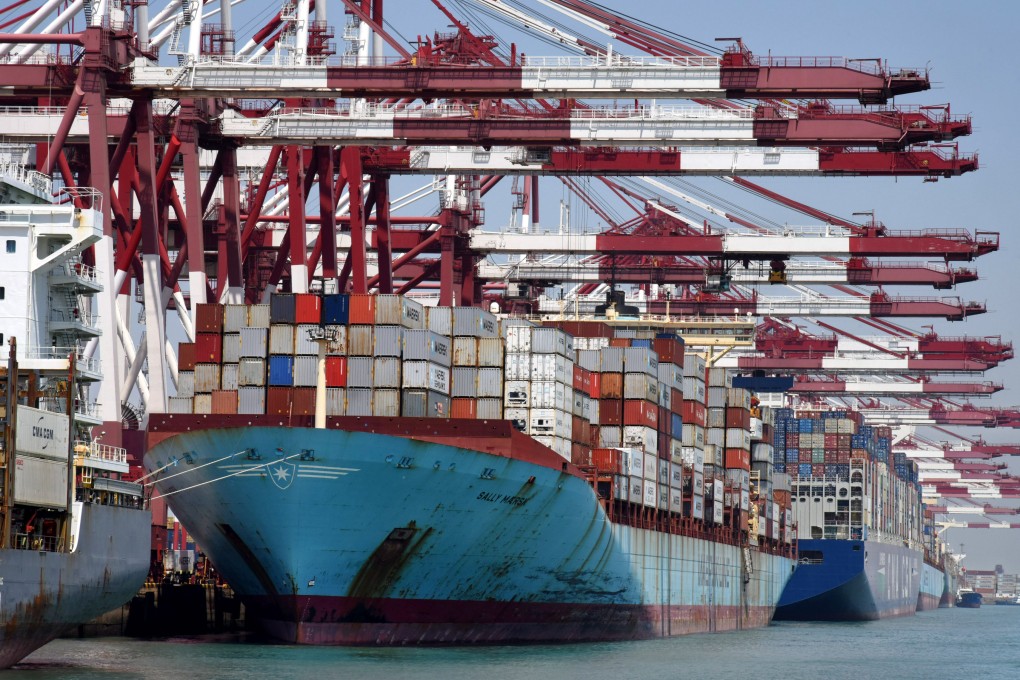China waits as US debates tariffs: Beijing adviser says ball is in Washington’s court, with clock ticking on inflation
- Source also urges Chinese companies to ‘maintain normal export channels to the US’ and not abandon it amid geopolitical disputes and difficulties
- Commerce Ministry reiterates calls for US to remove tariffs on Chinese goods that are making everyday goods more expensive for Americans

China appears to be taking a wait-and-see approach as American policymakers remain embroiled in discourse over tariffs on Chinese goods, while some experts contend that Beijing is capable of enduring the duties.
A government adviser in Beijing told the Post that the ball remains in Washington’s court, but also called on Chinese exporters to not abandon the US market amid unfavourable geopolitical circumstances.
And the insider says it would be “not very meaningful” for Washington to continue delaying the rollback of punitive tariffs, especially given that the US urgently needs to rein in inflation.
Washington, which initiated the trade war by levying high punitive tariffs on Chinese products, is being closely watched – both inside and outside the US – for indications of when or if tariffs may be removed to help tame soaring inflation that is costing Americans multiples more for everyday goods.